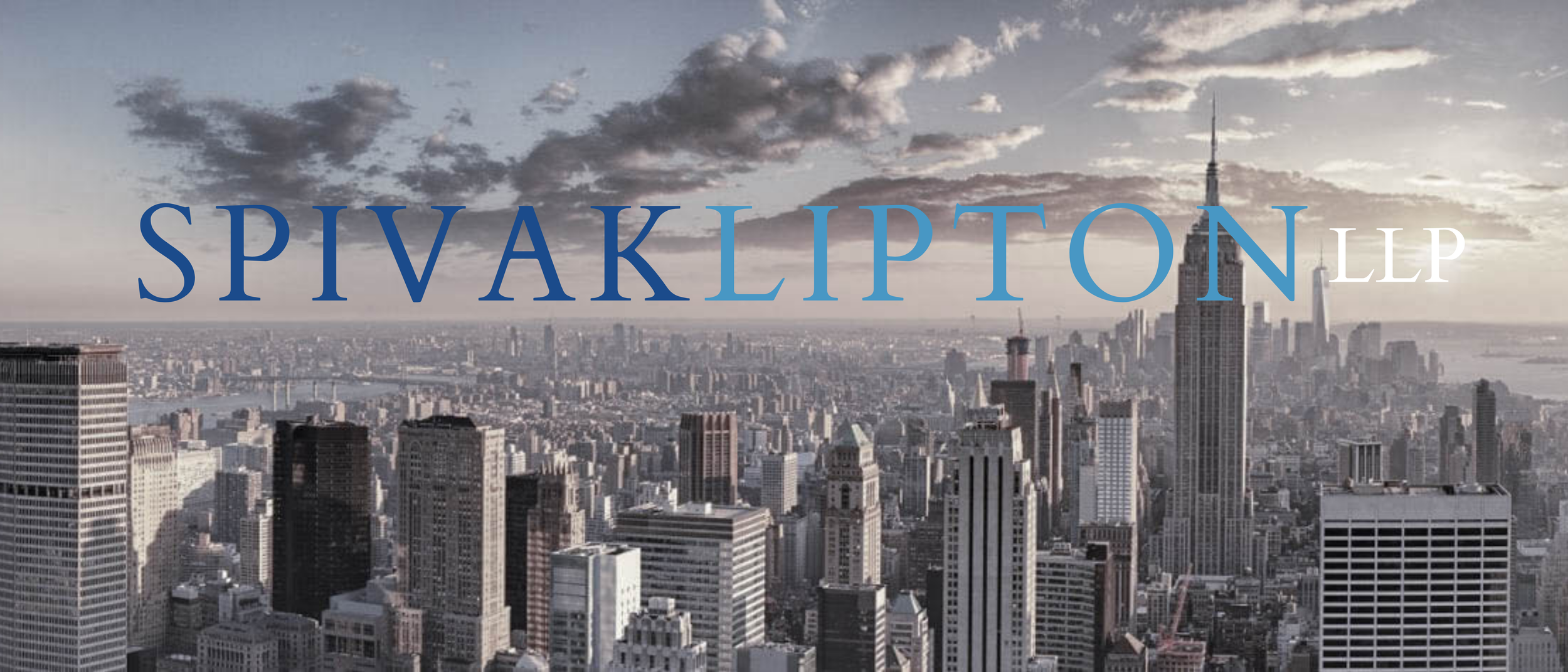Six Bills in Five States:
COVID-19 Related Workers Compensation Benefits
State legislatures have acted to render certain workers eligible for workers compensation benefits (WC) due to COVID-19 illness. We summarize six bills in California, Michigan, New Jersey, New York, and Vermont, to highlight current measures, which other states may adopt.
California
Assembly Bill 196 provides that “injury” for purposes of receiving WC for certain specified employees is defined to include COVID-19 which “develops or manifests during a period of employment.” There are two points which distinguish this bill from other state action: (1) “employee” is defined as those deemed essential in Governor Newsom’s March 19, 2020 Executive Order, including those in 16 critical infrastructure sectors identified by the federal government (e.g., energy, food and agriculture, transportation, water and wastewater—categories which go far beyond the health care sector, however, certain active firefighters, peace officers, and workers who provide direct patient care in acute care hospitals are excluded from the bill), and (2) a conclusive presumption that the injury arose out of and in the course of employment, and would extend that presumption following termination of service for a period of 90 days, beginning with the last date actually worked.
This bill is more expansive than Governor Newsom’s May 6, 2020 Executive Order, which creates a rebuttable presumption that a California worker acquired the illness at work if they were (1) diagnosed with COVID-19 and (2) required to work outside of their homes during the stay at home order (not only “essential employees” as defined above). The bill was amended in the California Senate on May 5, 2020, and was referred to the Senate Labor, Public Employment and Retirement Committee, where it is currently pending.
A second California bill of note is Senate Bill 1159, which creates a rebuttable presumption for specified members of law enforcement and first responders that illness or death resulting from COVID-19 “arose out of and in the course of” employment, such that they are eligible for WC after they have either exhausted their paid sick leave benefits or, for firefighters, police officers and certain other government employees, taken a leave of absence. In order to be eligible for this benefit, the worker must have worked between March 19 and July 5, 2020, and have been diagnosed with COVID-19 within fourteen days of such work. The bill was referred to the Assembly Committee on Insurance on June 29, 2020, and on August 3 it was read a second time, amended, and re-referred to the committee.
Michigan
Introduced on July 22, 2020, Senate Bill No. 1019 provides immunity to employers from workers’ compensation claims for personal injury caused by COVID-19 if the employer had complied with applicable federal and state guidance. The bill states, “an employee who receives a personal injury arising out of and in the course of employment by an employer who is subject to this act at the time of the injury is not eligible to be paid compensation” if: (a) the injury “was the result of the employee's exposure to COVID-19”; (b) the employee was exposed to COVID-19 during the state of emergency declared by the Michigan governor; and (c) the “employer was in compliance with a federal or state statute or regulation, executive order, or public health guidance that was relevant to, and applicable at the time of, the employee's exposure to COVID-19.” “Public health guidance” is defined as written guidance from the CDC, Occupational Safety and Health Administration (OSHA), the Michigan Department of Health and Human Services or another state agency.
Senate Bill 1019 appears to create a low bar for what is required in order for an employer to receive immunity. As subsection (c) explains, “[i]f more than 1 relevant public health guidance applied to the employer at the time of the exposure, the requirements of this subsection are satisfied if the employer was in compliance with any relevant and applicable public health guidance.” The fact that the bill says “any” instead of “all” could mean that only one relevant and applicable guideline needs to be complied with. Clarity may be provided when (or if) the bill winds its way through the Michigan legislature.
New Jersey
Assembly Bill No. 3999 creates a rebuttable presumption for essential employees that contracting COVID-19 is work-related for the purpose of workers’ compensation benefits, ordinary and accidental disability retirement benefits, and other employment benefits for work-related injuries and illnesses. Essential employees are defined as “(1) an employee who is essential in support of gubernatorial or federally declared statewide emergency response and recovery operations; or (2) an employee in the public or private sector with duties and responsibilities, the performance of which is essential to the public's health, safety, and welfare.” The presumption can be rebutted “by a preponderance of the evidence showing that the worker was not exposed to the disease.“ This bill clarifies that the amount of time essential employees are “incapacitated or unable to perform their duties,” or “the required time of hospitalization, time of quarantine or time of self-quarantine,” will be considered on duty time, and the employees are not “required to use paid leave or any other contractual time-off to cover the period of incapacitation or inability to perform regular duty work.” The bill was passed by the New Jersey Senate on May 14, 2020. The identical Senate version of the bill (Senate Bill No. 2380) was passed by both houses on July 30, 2020. It is now awaiting consideration by New Jersey Governor Phil Murphy.
New York
New York’s Senate Bill S8266 defines exposure to COVID-19 as an occupational disease for which disabilities sustained or death occurred are compensable, rather than as an injury to workers within the 16 federally-identified sectors. The bill broadly defines what types of exposure to COVID-19 are considered an occupational disease:
work that causes workers “to be in contact with the public, patients, inmates, parolees, clients, students, customers, diners, persons in [state custody], or travelers.”
“work that could expose workers” to COVID-19 in a non-exhaustive list of places, e.g., hospitals, nursing homes to bus stations, hotels, childcare facilities, and parks.
work for a public utility, work outside the home during closure of non-essential businesses, or work for businesses providing essential services or public employment during an outbreak also counts as exposure which may be compensable.
Senate Bill S8266 was referred to the Senate Labor Committee on May 1, 2020, where it is currently pending. An equivalent bill, Assembly Bill A10401, was referred to the Assembly Labor Committee on May 4, 2020
Vermont
Similar to California, Vermont’s Senate Bill 342 distinguishes between front-line workers and non-front-line workers. For front-line workers (defined to include firefighters, law enforcement officers, emergency medical personnel, health care facility workers including those in long-term or residential care facilities, childcare providers for other front-line workers, and pharmacy or grocery store employees), disability or death resulting from COVID-19 is presumed compensable “provided that the front-line worker receives a positive laboratory test or a diagnosis by a licensed healthcare provider.” For non-front line employees that do not fall under the above definition, disability or death from COVID-19 is presumed compensable if (1) the employee receives a positive laboratory test or diagnosis by a licensed health care provider, and (2) either (a) “had documented occupational exposure in the course of employment to an individual with COVID-19,” or (b) “performed services at a residence or facility with residents or employees who” were present and either had COVID-19 at the time, or “were diagnosed with COVID-19 within a reasonable period of time after the services were performed.” For both front-line and non-front line workers, the presumption of compensability is rebuttable “if it is shown by a preponderance of the evidence that the disease was caused by non-employment-connected risk factors or nonemployment-connected exposure.” The bill was signed into law by Vermont Governor Phil Scott on July 13, 2020.







